Oh sing to the LORD a new song;
sing to the LORD, all the earth!
Sing to the LORD, bless his name;
tell of his salvation from day to day.
Declare his glory among the nations,
his marvelous works among all the peoples!
For great is the LORD, and greatly to be praised;
he is to be feared above all gods.
For all the gods of the peoples are worthless idols,
but the LORD made the heavens.
Splendor and majesty are before him;
strength and beauty are in his sanctuary.
(Psalm 96:1-6 ESV)
As the church we’ve got to hold firm to what has gone before us. We hold tightly to our history and the great traditions of God’s people. One thing Scripture is is a collection of what God has been doing, and the psalms are a reflection our what his people do in response. We don’t have to recreate or remake the Bible, but when we listen to God speaking in it, as we see in this Psalm, we do need to allow the creation of new things.
We honor our past and do not leave behind the songs of our forebears. And who would want to? There is still an untapped depth to the poetry of hymns that have been written and surely forgotten. But we are to “sing to the LORD a new song.”
God hasn’t stopped acting in this place and we shouldn’t stop reflecting on his handiwork. When people write new songs and we go through the work of learning them, it is further testimony that still today our God is great and worthy to be praised. He is not like worthless idols that do not deserve an ounce of ink to be spilt in writing their praise. So we declare his glory not only of that which was on display in the past, but of his marvelous works today.
This Sunday we’ll have a chance to do that singing some relatively new songs. It’s not because they are better, but because it is good to do so.*
*And also our pianists aren’t there! But the point still stands. 🙂



